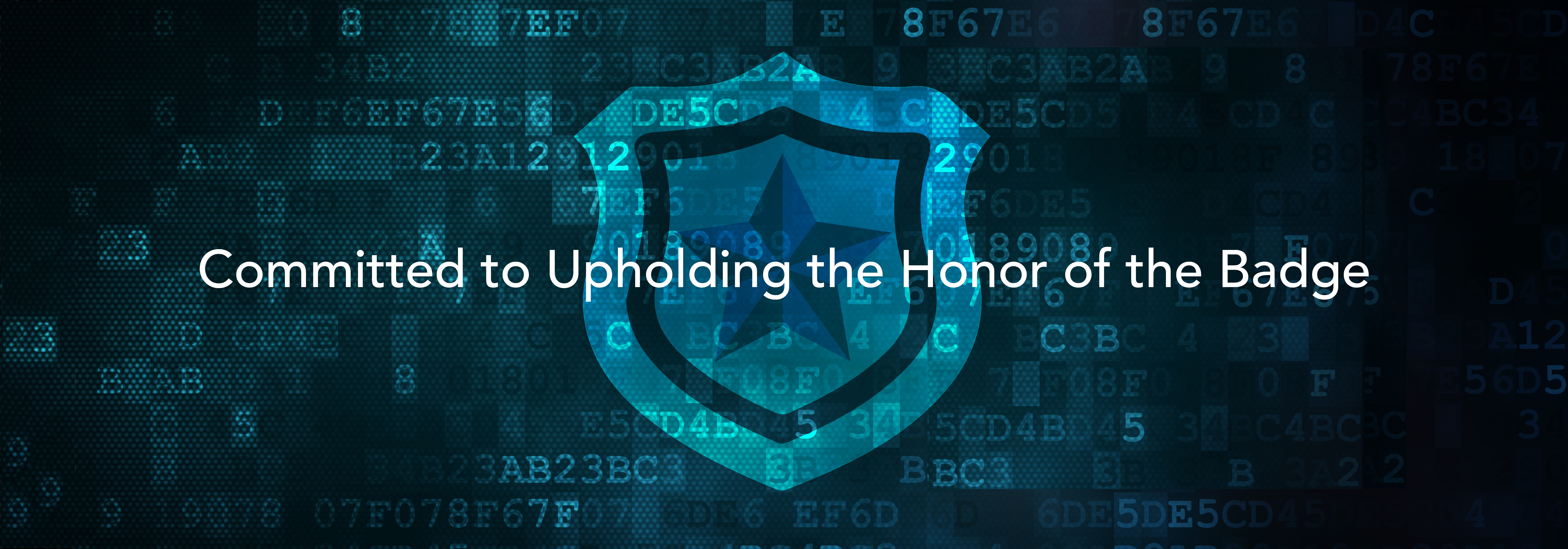Evidence-based practice is not unique to policing. In fact, its proponents belong to a variety of professions, including medicine, management and public policy. For example, in the late
Sound familiar?

Evidence-based practice is not unique to policing. In fact, its proponents belong to a variety of professions, including medicine, management and public policy. For example, in the late
Sound familiar?
Training doesn't have a sterling record in the business world. Studies have found that after one hour, people forget more than 50% of a lesson.
This isn't necessarily new information, either. In the 19th century, German Psychologist, Hermann Ebbinghaus, published research demonstrating "The Forgetting Curve." He found that humans forget 40% of what they learn within 20 minutes.
You've heard the saying, "Those who can't do, teach." That might be true for an aspiring actor turned high school drama instructor, but when it comes to field training officers (FTOs), it's typically an agency's top performers who are chosen to teach your department's recruits.
You already know your department produces a lot of data. As we shared in a previous post, researchers from the University of Chicago identified seven areas of data that provide law enforcement leaders with actionable insight:
People produce a lot of data. How much is a lot of data? Research company
The news on officer shortages across the country just keep on coming. Departments from coast to coast are experiencing a deficiency of qualified candidates to fill an increasing number of open police officer positions. Here are three tactics to employ as you turn to a job market that’s underserving your current needs.
When you look at the world of law enforcement technology today, it essentially falls into three specific buckets or categories. First, you have the hardware world, which we all know is very critical. These consist of products like sirens, radios, breathalyzers — things that police need to do their job every day. Second, there are record management systems (RMS) and other like-systems that help catalog, track and manage criminal incidents and follow-up on investigations. This is very highly evolved software in what is a highly competitive landscape. Third, we have the world of human capital management . . . and this is the part of law enforcement technology that has not been properly addressed.
© 2019 Benchmark Analytics • All Rights Reserved